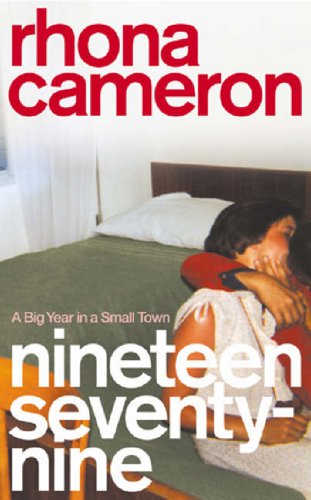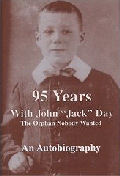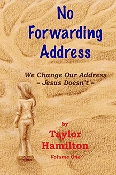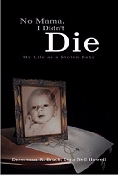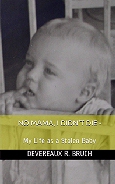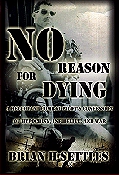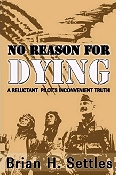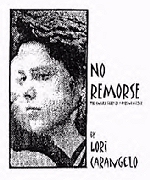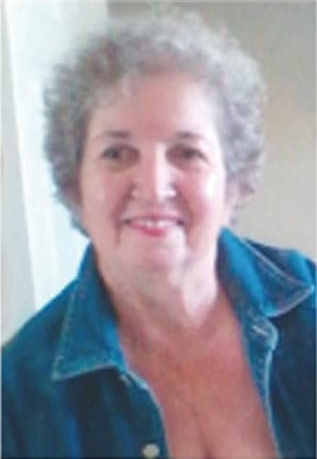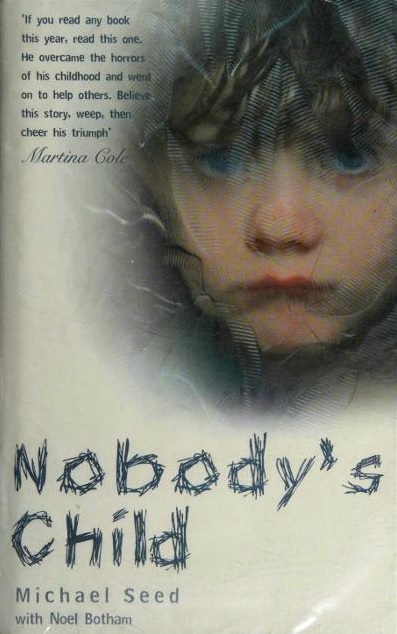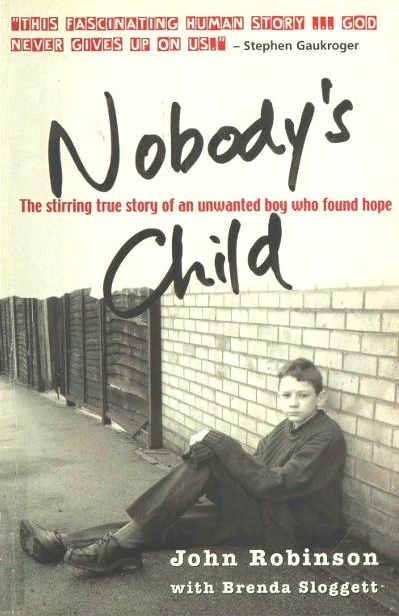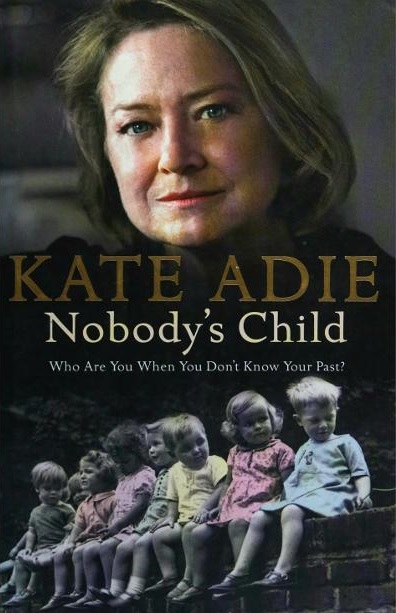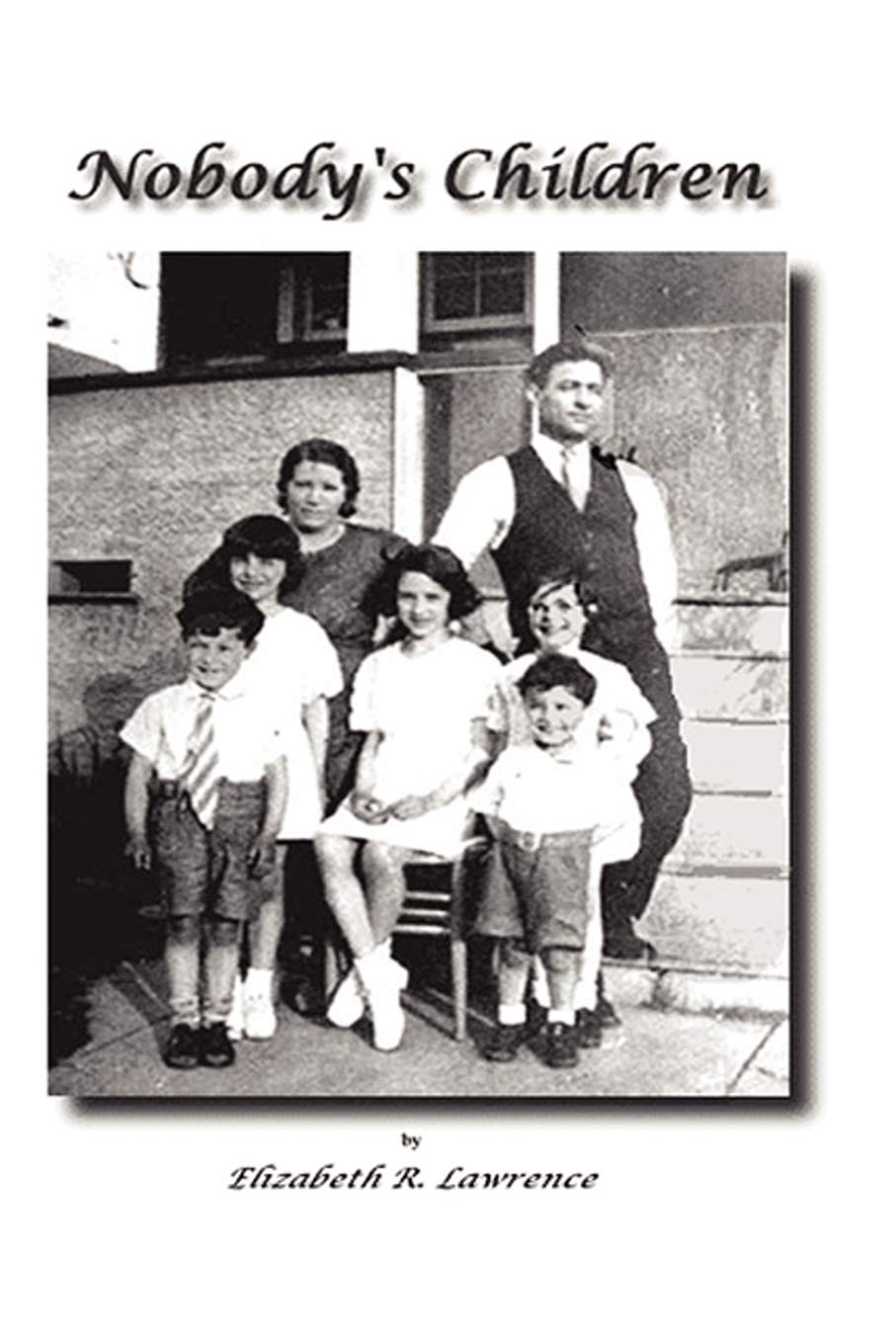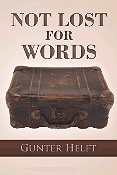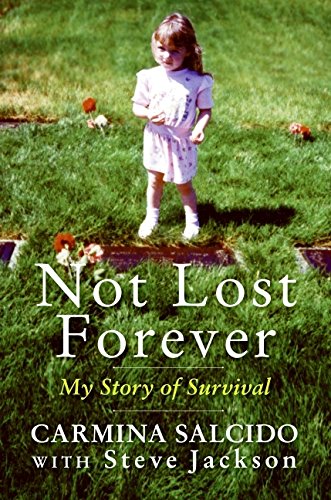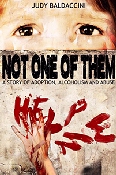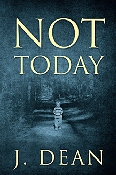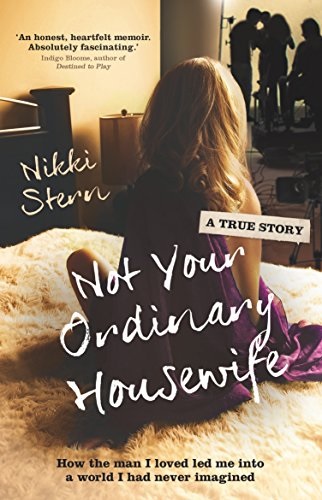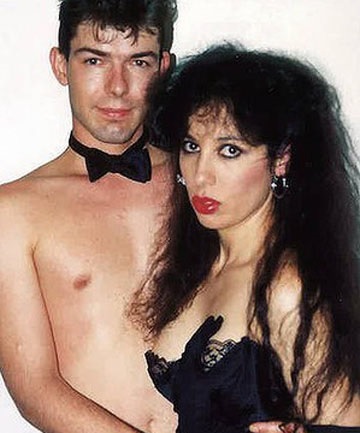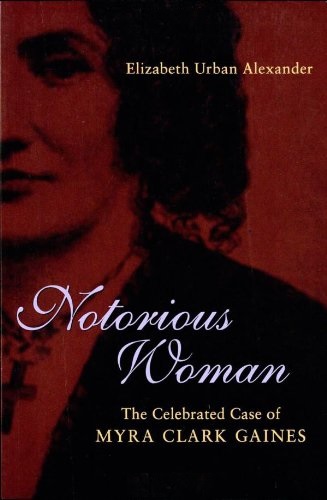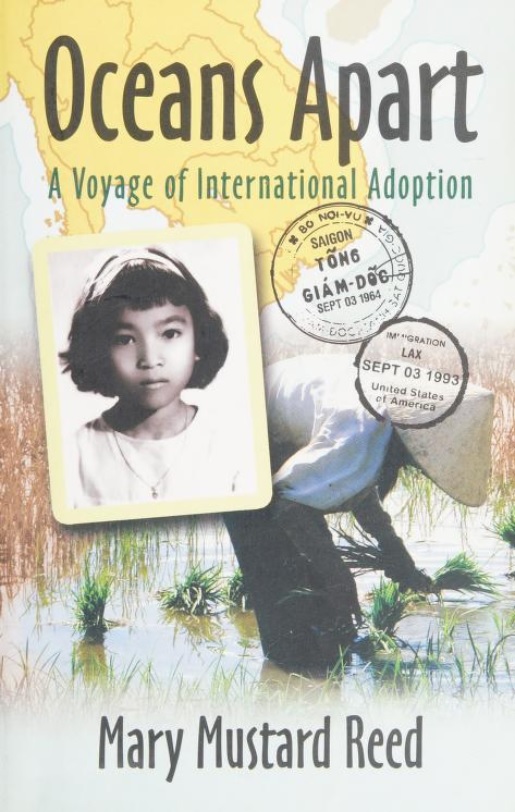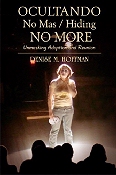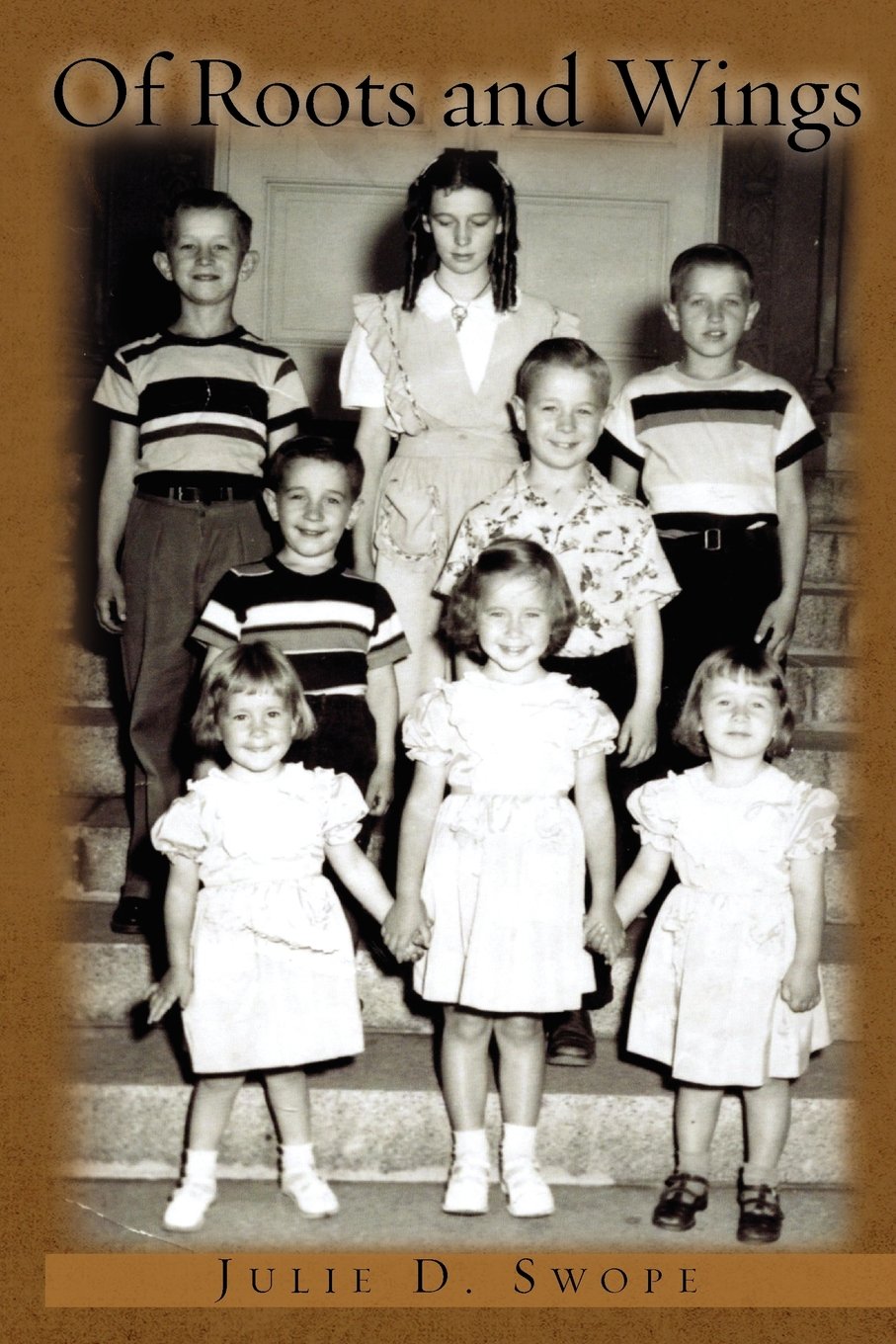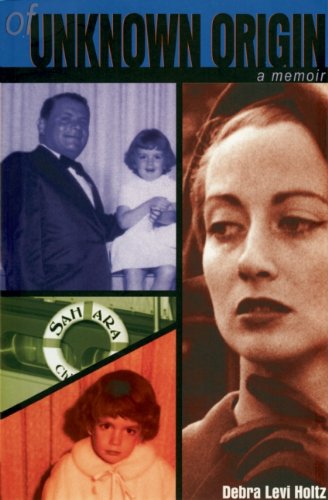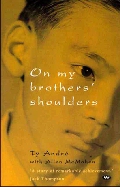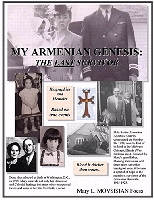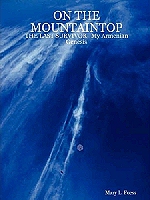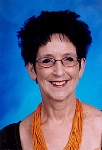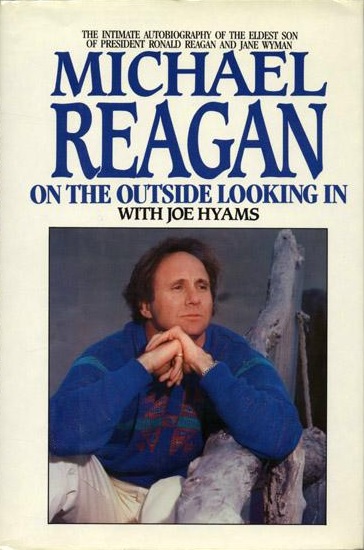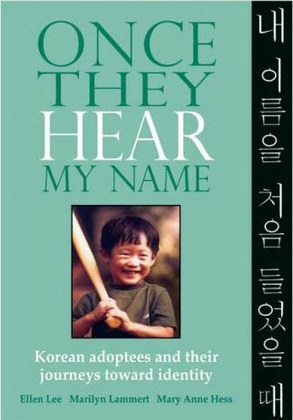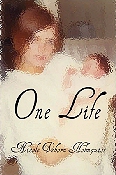| On the Mountaintop: My Armenian Genesis: The Last Survivor. Mary L Foess. 2008. 440p. (Subsequently reissued as My Armenian Genesis: The Last Survivor in 2009 [277p.], 2010 and 2013 [268p.]) Lulu.com. A primal scream erupted in the Charity Ward of Providence Hospital, Washington., DC, on September __, 1945. Crying out for Mother, Baby, 6lb., 2oz., felt her loving grip only moments after birth and then sensed a struggle as those same, gentle hands would NOT let go. A white-uniformed nurse intervened. Baby’s bassinet was wheeled away once the hospital staff washed away her birth blood. She was given the name, Judith, the one to appear on her original birth certificate. The significance of this choice would be revealed to Mary 43 years later, February, 1988. The tag on her tiny bed had read: Charity Ward, bottle feed, no contact with Mother. On September 27 this newborn and her mother left the hospital, but separately. Judith, now renamed Mary, would soon experience, as early as age three, all the adoptive family members’, friends’, and teachers’ unrelenting questions: “My, where did those huge, dark brown eyes come from? The olive skin? And, who is your real mother?” Not one of them knew about “Mother Armenia,” or how this baby’s surname connected to one of the oldest-known civilizations on Earth. History would dictate that this newborn would be the very last one to inherit both the Movsisian name from a region half-way across the planet Earth, and the nearly extinct, female mitochondrial DNA from Grandmother, Yeghsapert Movsisian. Mary’s grandparents, uncle, and two cousins were the sole surviving family members from the Armenian Genocide, the area of the worst destruction being their village: Nor Kegh, Charsandjak, Kharpert, located in the Euphrates River Valley. This Cradle of Civilization area suffered the ruin of businesses, churches, homes, and the slaughter of the Armenians. Targeted by the Turks, it included the largest number of educated, wealthy Armenians, all of whom had national pride. Each step these brave people took on their escape route to freedom, that which was aided by the Kurds, then the Greeks, gave Mary and her descendants, yet unborn, one more day to live on Earth. Grandfather had come in 1912, three years before the date when the massacres were heightened. Manoog Movsisian and 3 other Armenian immigrant men soon founded the very first Armenian Apostolic Church (Christian) in the Midwest. Located in the West Pullman area of Chicago, Illinois, Holy Savior Armenian Apostolic Church was consecrated on October 26, 1924. Mary’s grandfather, their first choir director, had the voice of an angel. Once Mary’s grandmother survived the grueling journey from her homeland on the escape routes, she settled in Cherbourg, France, with her surviving son, Korean. In 1921, at age of nine, both he and Grandmother emigrated to the U.S.A. They were soon reunited with Grandfather, Three more children were born: Mother, another Uncle, and Aunt. Fate would gift to Mary’s older, tough and smart uncle, attorney Korean Movsisian, the honor of pleading two cases for the U.S. Supreme Court, Washington, D.C. Mary’s destiny for the first 39 years of her life would be to wear the cloak of secrecy, an enigma, re: Mother’s and Father’s identities. Her birth records had been kept under permanent, court seal in Montgomery County Circuit Court in Rockville, Maryland. Falsified, then issued over 25 months following her date of birth, this certificate now listed her parents as David D. and Eathel G. McCALLUM Letts. Mary, now 38, learned about her inherited gifts: membership in one of the oldest civilizations on Earth, the first to accept Christianity in 301 A.D. This defined the earliest, colonial settlers from the British Isles, soon owners of huge plantations in Maryland and Virginia. She researched five indirect family-line Mayflower passengers, 16 presidential lines, and 16 founding fathers’ lines. But, how did Mary solve the remaining mystery re: why was she given up for adoption? Who found “the letter,” boxed and in mint condition, well-hidden for 42 years, along with the original envelope? What did the letter reveal? Who had hidden it and why? |


